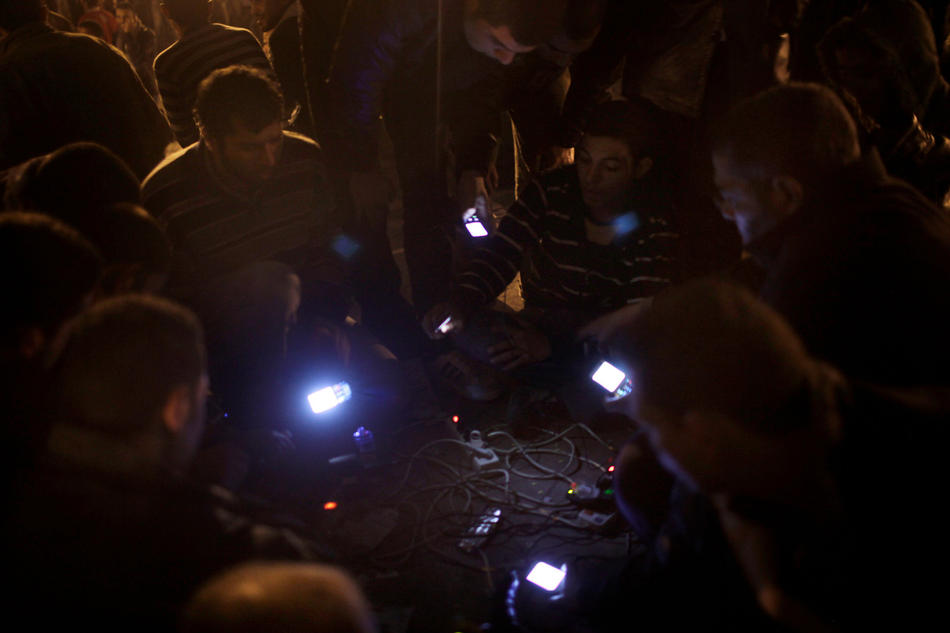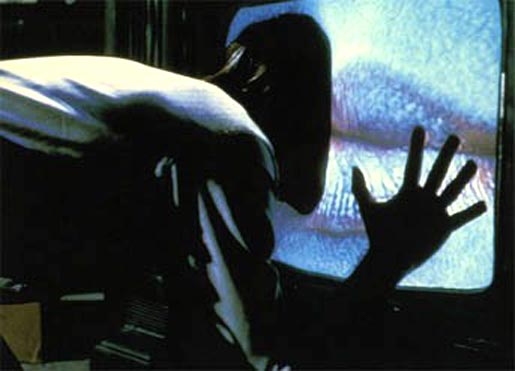
In my previous post on “Digital Dualism Versus Augmented Reality,” I lay out two competing views for conceptualizing digital and material realities. Some view the physical and digital as (1) separate, akin to the film The Matrix, or (2) as an augmented reality where atoms and bits are increasingly imploding into each other.
I prefer the latter, and want to apply this augmented paradigm to the revolutions occurring in the Arab world that have been taking place this winter as well as the subsequent debate over the causes. I, like many others, am equally frustrated by those who give either all or none of the credit for these uprisings to social media tools and argue instead that what is occuring is an augmented revolution.
On one side there are those that promoted the phrase “Twitter revolution” during more...

